
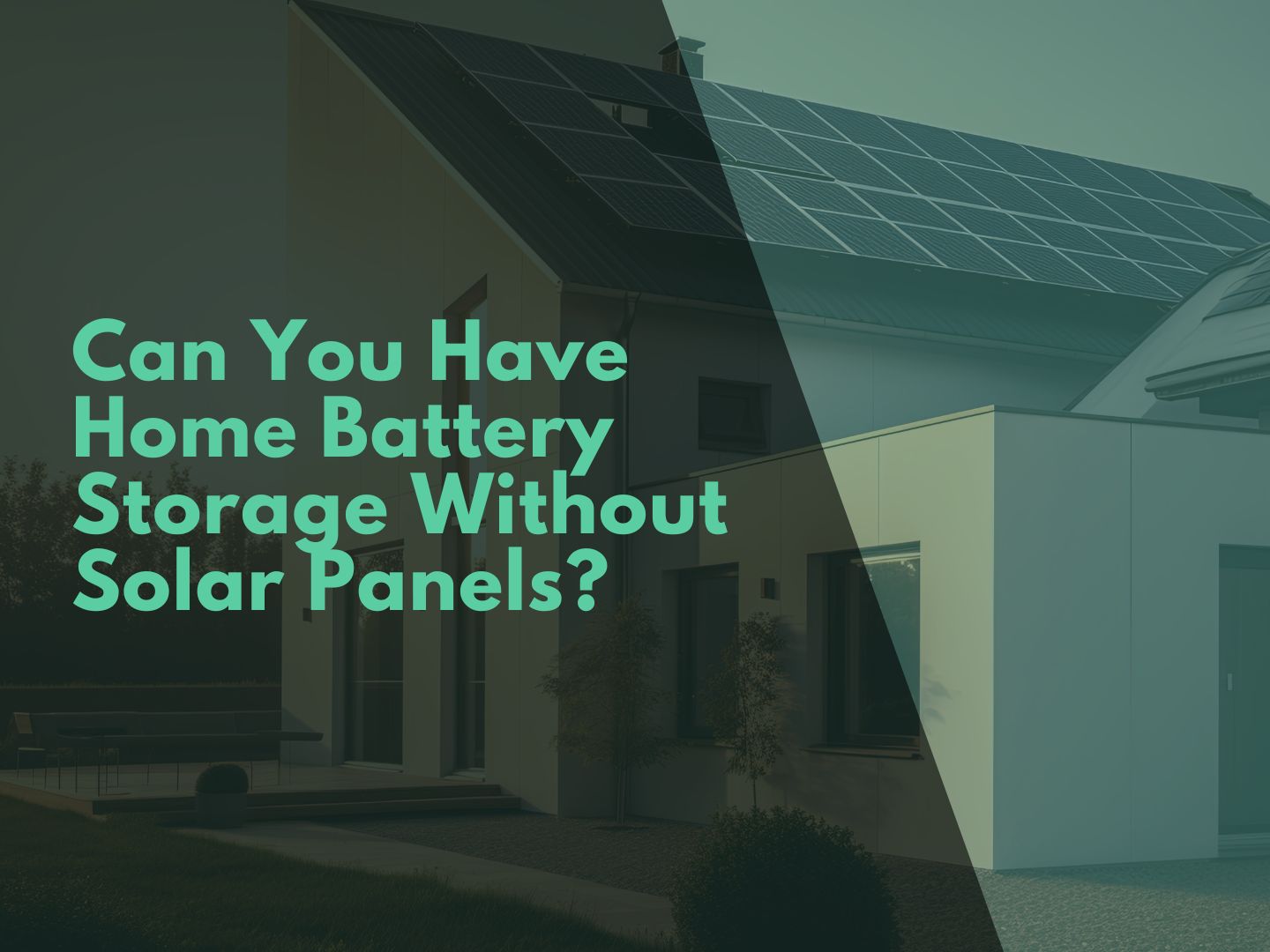
Wondering if you can install home battery storage without the added cost of solar panels, especially in the context of the UK's unique energy landscape? The straightforward answer is definitely yes.
Thanks to technological breakthroughs, homeowners now have the flexibility to store electricity harvested from the national grid or other renewable sources. This innovation is not just a theoretical possibility but a practical solution for ensuring access to power during peak demand periods or in the event of an unexpected power outage.
By strategically shifting energy consumption to times when electricity rates are lower, households can leverage these systems to reduce their expenses significantly. Beyond the immediate financial benefits, investing in a standalone battery system also paves the way for greater energy independence and stability.
In a country like the UK, where energy prices can fluctuate widely, having a home battery system offers a valuable safeguard, helping your home's resilience against unpredictable changes in the energy market.
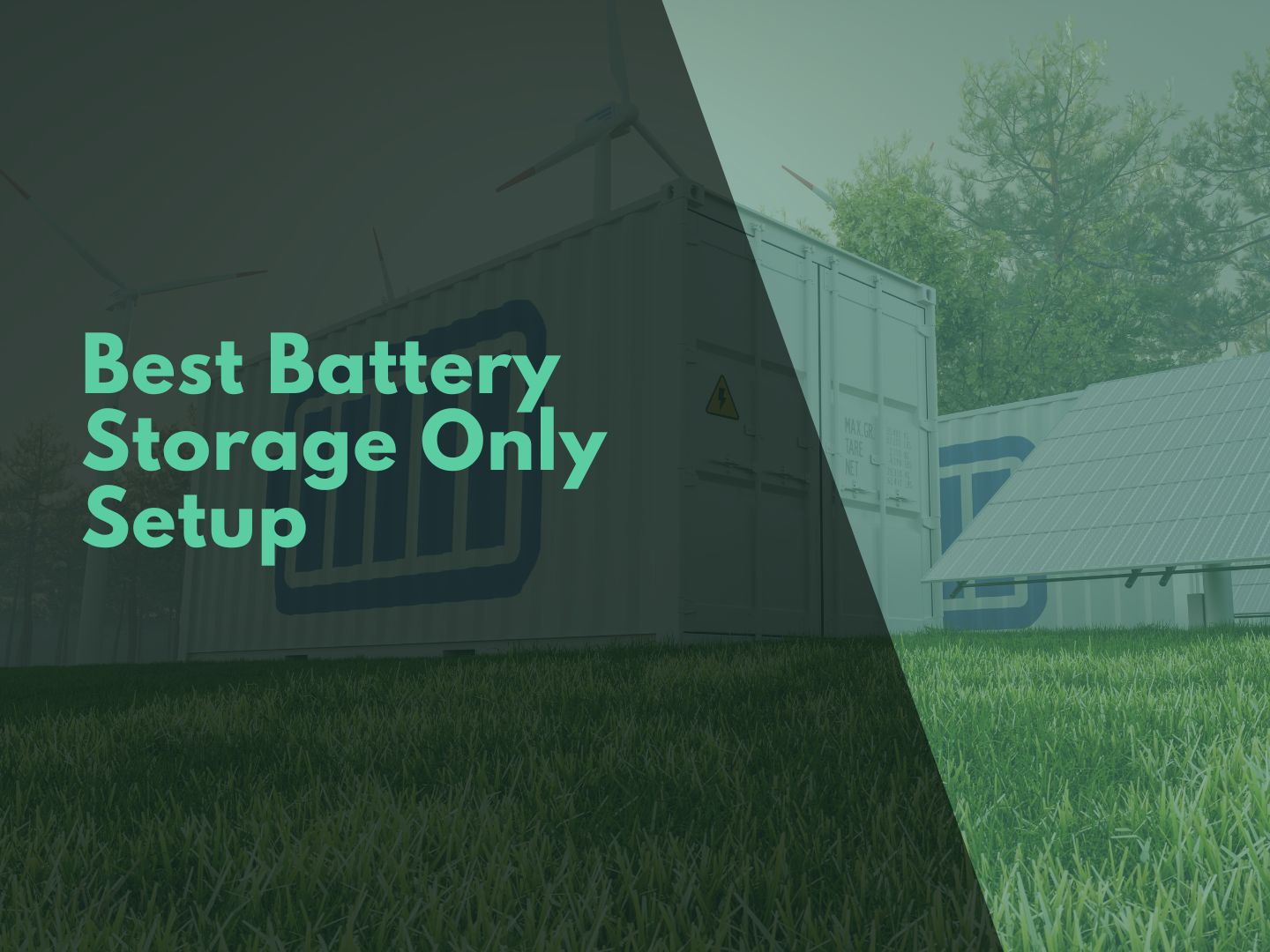
As we explore the battery storage options without solar in the UK, you'll find the variety is wide-ranging. Here's an overview of our top picks for best battery storage only setups:
Looking to splurge on something special? TheTesla Powerwall 2 might be exactly what you need. This high-capacity battery can handle up to 4,000 cycles, allowing for plenty of binge-watching sessions without any interruptions.
If you're interested in supporting local innovation, the Puredrive II is a standout British option that's designed to meet your specific energy needs, boasting an incredible cycle life of up to 10,000 cycles. That’s a lot of holiday lights and celebrations over the years!
For those considering an option from abroad, the Pylontech 4.8 is a robust choice that offers a good balance between power and price, capable of up to 8,000 cycles. That's quite a bit of energy for powering your daily needs.
In search of something more flexible? The LG Chem RESU comes in a variety of sizes to suit both your energy requirements and your budget, proving to be as reliable as your morning alarm.
For a touch of sophistication, the Sonnen Eco brings European excellence with its consistent performance across 10,000 cycles - imagine relying on it as much as you do on your coffee maker.
Lastly, the BYD B-Box is ideal for those looking to save. It’s an economical choice that doesn’t skimp on quality, offering expandability for those who like to plan for the future.
Keep in mind, although there's a hefty investment, the potential long-term savings are significant. Check out the details below to compare and take your pick:
| Brand | Capacity (kWh) | Average Cost | Lifespan (Years) | Cycle Life | Average Rating | Warranty | Technology | HQ Location |
|---|---|---|---|---|---|---|---|---|
| Tesla Powerwall 2 | 13.5 | £9,000 - £13,000 | 10 - 15 | Up to 4,000 | 4.5/5 | 10 years (unlimited cycles) | Lithium-ion | Palo Alto, California, USA |
| Puredrive II | 5-25 | £1,600 | 10 - 15 | Up to 10,000 | 4.3/5 | 10 years | Lithium-ion | Chelternham, UK |
| Pylontech 4.8 | 4.8-72.6 | From £1,059 | 10 - 15 | Up to 8,000 | 4.3/5 | 10 years (or 6000 cycles at 80% DoD) | Lithium iron phosphate | Suzhou, Jiangsu, China |
| LG Chem RESU | 9.8-16 | £9,000 - £16,000 | 10-15 | Up to 6,000 | 4.4/5 | 10 years | Lithium-ion | Seoul, South Korea |
| Sonnen Eco | 2.5 - 20 | From £6,100 | 10 - 15 | 10,000 cycles | 4.5/5 | 10,000 cycles or 10 years | Lithium iron phosphate | Wildpoldsried, Germany |
| BYD B-Box | 8.1 - 21.7 | £964.91 | 10 - 15 | Up to 8,000 | 4.2/5 | 10 years | Lithium iron phosphate | Shenzhen, Guangdong, China |
So there you have it! With a varied range of options, these battery storage systems will ensure your home runs smoothly for years to come.
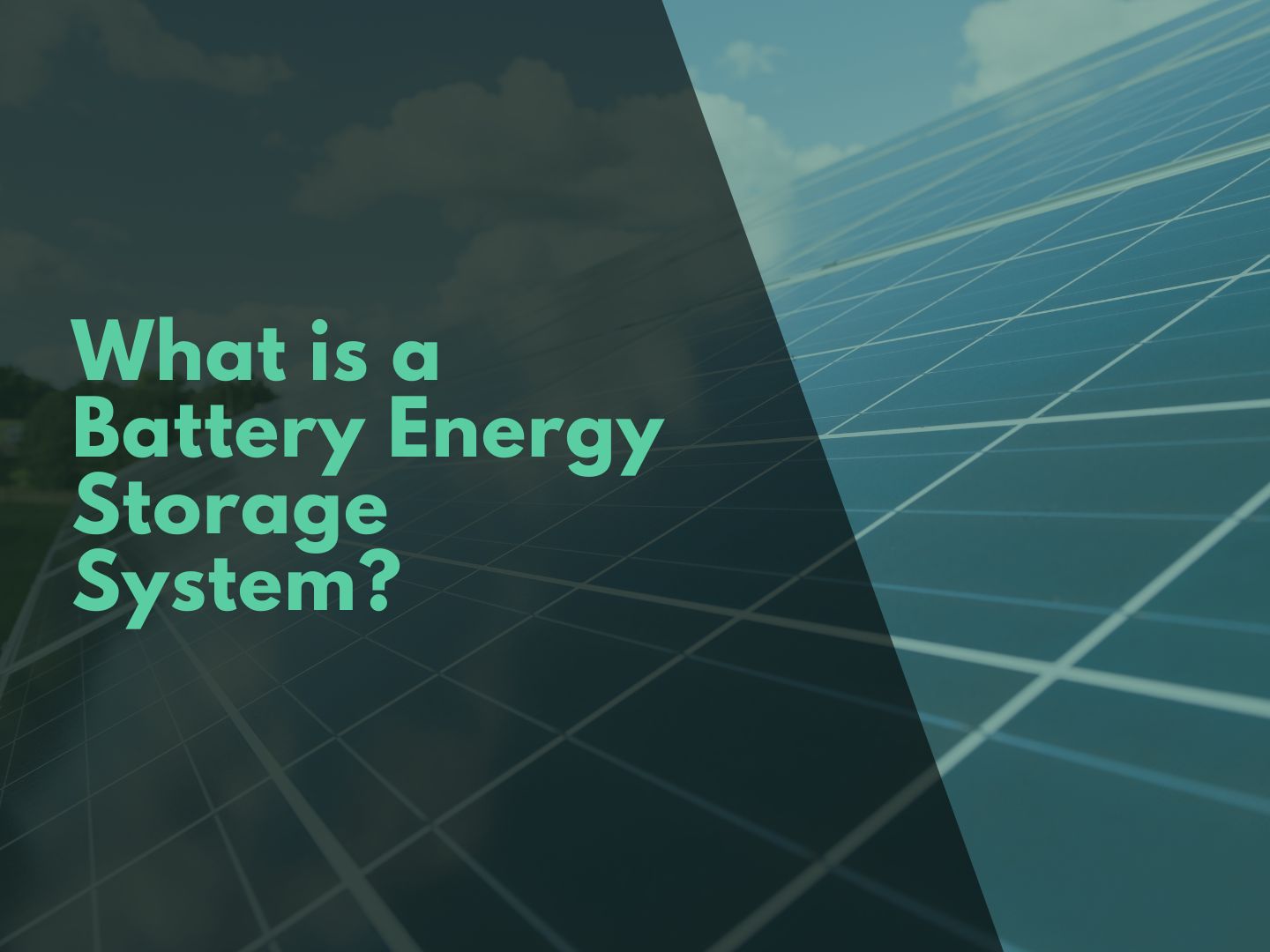
Battery storage systems, also known as battery energy storage systems (BESS), offer the capability to conserve electricity for later use.
This energy can be sourced from the National Grid or generated from renewable sources like wind or solar power. The main advantage of storing energy is its availability for use during periods of high demand or when the primary power supply is interrupted. We all know how much of a pain that can be!
The UK market provides a diverse array of BESS options, catering to both commercial and residential needs. Commercial setups might go for large, containerised units, while residential homes may find stand-alone 5kW batteries more apt. Lithium-ion technology currently dominates the battery storage market, enabling both homes and businesses to utilise renewable energy even during off-peak sun or wind conditions.
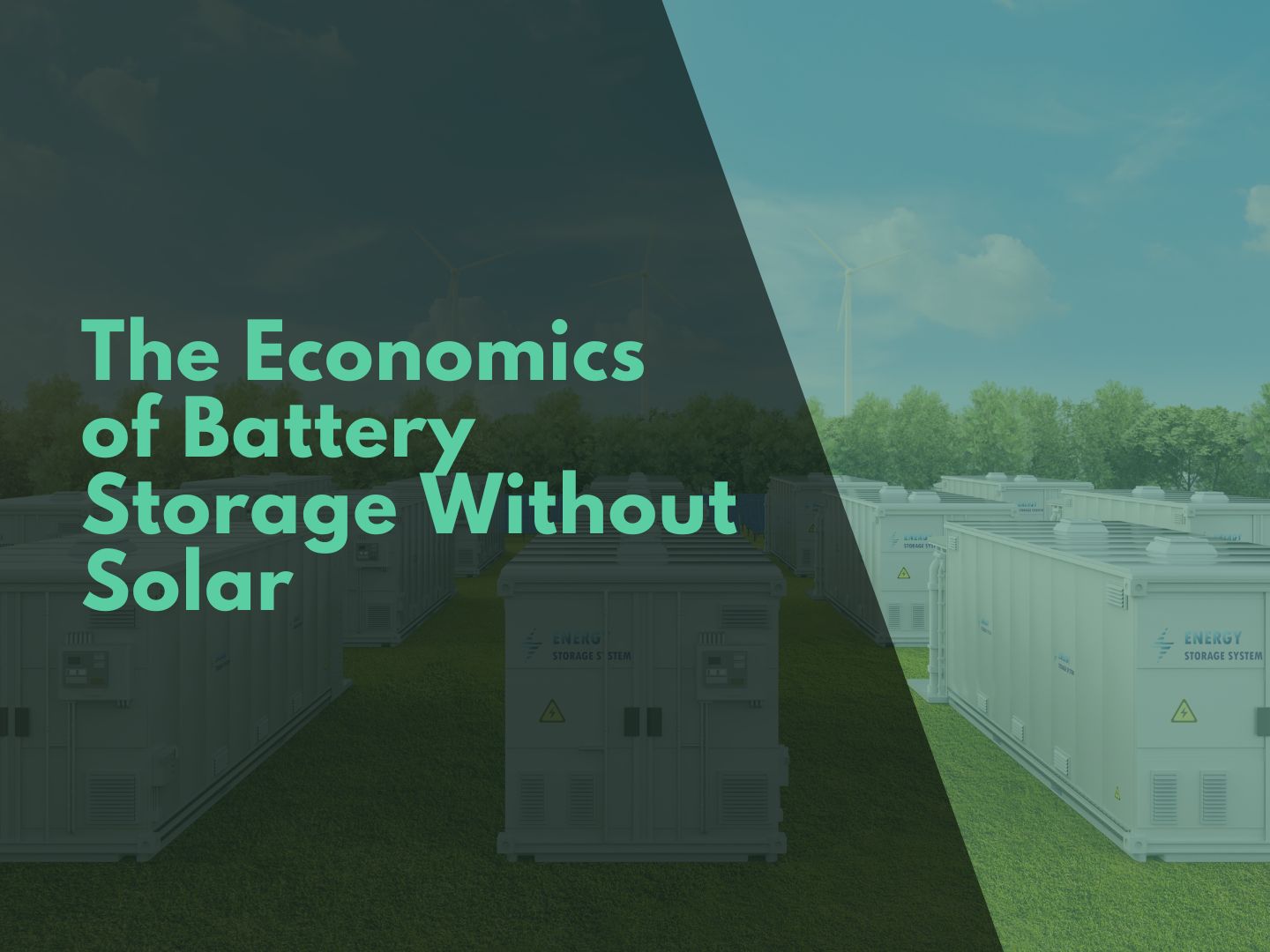
Investing in a home battery storage system without the sun's contribution is a bit like buying an umbrella in the Sahara – it might raise some eyebrows, but there could be reasons you'd want one.
Let's crunch the numbers and consider the potential savings, minus any golden rays.
The initial cost for a home battery system can set you back a tidy sum, typically around £4,500. Return on investment (ROI) is a longer game here; without solar panels, you're relying on cheaper, off-peak grid electricity to charge the battery. So, it's a bit of a slow burner:
Now, onto the juicy bit – government incentives. While there's no brolly for a rainy day, the UK government does offer some incentives to soften the blow on your wallet:
So, while you won't be flashing cash like you've hit the jackpot, there's a strategic reason to invest in a battery without the solar spotlight.

You'll find that this approach offers significant advantages, especially when it comes to powering your home during outages and managing electricity costs.
In a nutshell, you're not just buying a battery; you're investing in peace of mind and a jolly clever way to manage your energy spend.
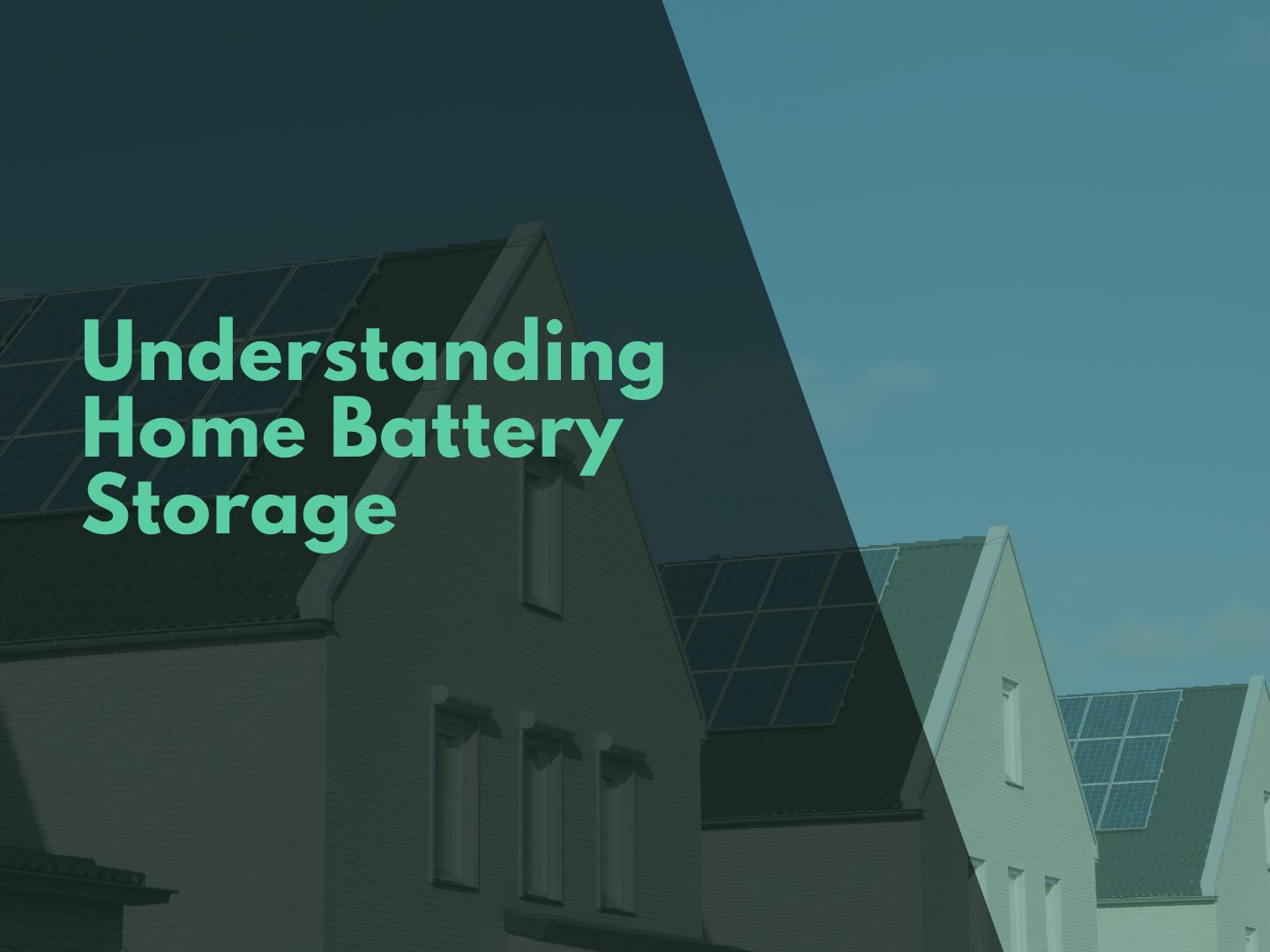
The main point of home battery storage is to have your essential power on hand whenever you need it. Consider it like an energy savings account; you're preparing for a brighter future. It's incredibly beneficial for those aiming for energy independence or just looking to reduce their electric bills.
The capacity of a home battery is measured in kilowatt-hours (kWh), reflecting how much electricity it can store.
For context, according to Ofgem, the average British household, which typically comprises 2.4 residents, consumes about 2,700 kWh of electricity annually. This equates to approximately 242 kWh of electricity per month.
A typical home battery system in the UK might offer anywhere from 5 to 15 kWh of storage, which can significantly support daily energy needs, especially for households aiming to optimise their energy usage or to rely more on renewable sources.
This term refers to the complete setup that includes not just the battery, but also the management system that oversees charging and discharging, and often an inverter to convert stored DC energy into AC power for home use.
A comprehensive system ensures your home efficiently utilises the stored energy, potentially saving an average household up to 50% on their electricity bills, depending on usage patterns, local utility rates, and the system's capacity and efficiency.
Embrace independence with a home battery storage system that allows you to store surplus energy during low-demand periods (such as the early hours) for use when electricity prices soar.
Incorporating a home battery system not only offers financial savings by dodging peak tariffs but also ensures your home remains powered during unexpected outages, adding a layer of comfort and security to your daily life.
Now, there's no need to worry; selecting the right battery isn't as complicated as it seems. Here's the lowdown on the different types:
| Type | Cost | Energy Density | Lifespan |
|---|---|---|---|
| Lead-acid | Cheaper | Lower | Shorter |
| Lithium-ion | More Expensive | Higher | Longer |

Running a home battery storage system without solar panels means you'll still cop the cost of electricity from the grid unless you've got another renewable source up your sleeve. You're looking at an outlay of approximately £4,500 on average for the storage system alone.
While a bit of DIY spirit is grand, setting up a home battery system is not a stroll in the park. Professional installation is recommended to avoid a frightful shock or a muddled mess.
For a fully off-grid setup, it's essential to have a system with sufficient capacity to meet your home's energy demands. This includes a large enough battery for energy storage and a solar charge controller to balance energy production and consumption, ensuring the battery isn't overloaded too rapidly.
Without the use of air conditioning or electric heating, a single 10 kWh battery can sustain the essential electrical needs of a typical home for a minimum of 24 hours, with the potential for longer duration through judicious energy management. Coupling this battery with solar panels enhances its capability, supporting a broader range of electrical systems and extending the backup power supply duration.
Size does matter when it comes to storing your juiced gems. A typical home battery capacity ranges widely, so tally your energy usage to opt for a size that won't leave you power-thirsty.
| Usage Level | Battery Size (kWh) | Example Usage |
|---|---|---|
| Low | <10 kWh | Small Flat |
| Average | 10-20 kWh | Family Home |
| High | >20 kWh | Large Home / High Demand |
A lot of homeowners might not realize that battery storage systems can operate separately from solar panels. These systems can draw and store electricity from the grid, making it available during power outages or periods of high demand. This capability provides a dual benefit of saving on electricity costs and enhancing energy efficiency, even without the installation of solar panels.
Yes, you can upgrade current systems by adding a solar battery bank. This enhancement significantly mitigates the effects of power outages, ensuring that solar-generated electricity is accessible around the clock. Compatibility between solar panels and energy storage systems is generally assured.
Setting up a home battery involves standard electrical procedures. This includes securely attaching the battery to a wall or placing it on the floor and connecting it to an inverter. The inverter's role is to transform the battery's DC (direct current) power into AC (alternating current) power, which is what your household appliances use.
To calculate your average annual bill savings with a home battery, follow these steps:
Identify the capacity of your solar battery.
Example: 12 kWh
Multiply it by the average number of charges/discharges per day.
Example: 12 kWh x 2 charges/discharges per day = 24
Multiply the result by the difference between your grid rate and the solar feed-in tariff.
Example: Grid usage rate (30c/kWh) – solar feed-in tariff (7c/kWh) = 23c/kWh
23c/kWh x 24 = $5.52 average bill savings per day
Multiply this result by 365 (the number of days in a year).
$5.52 x 365 = $2,014.80
And that's how you calculate your annual bill savings with a battery!